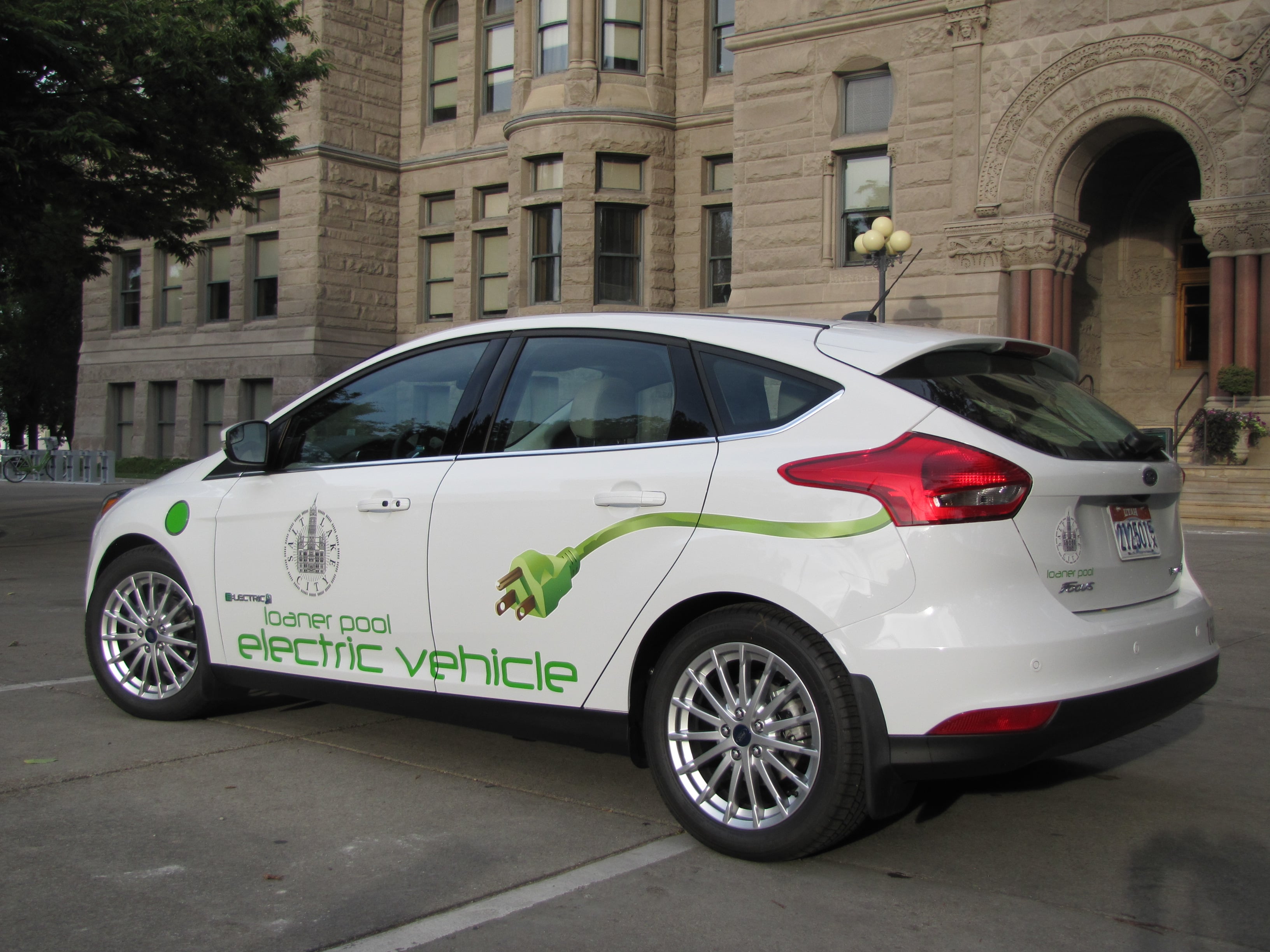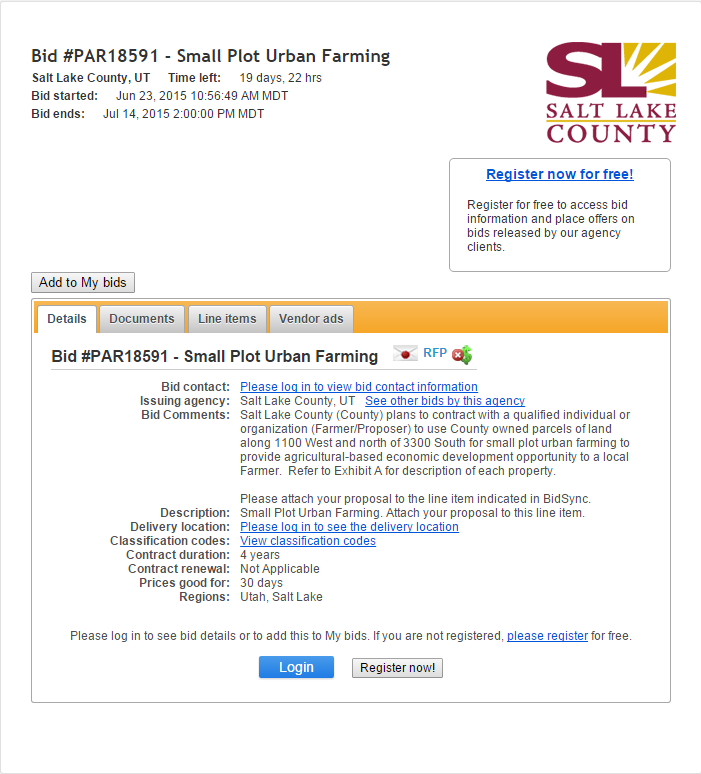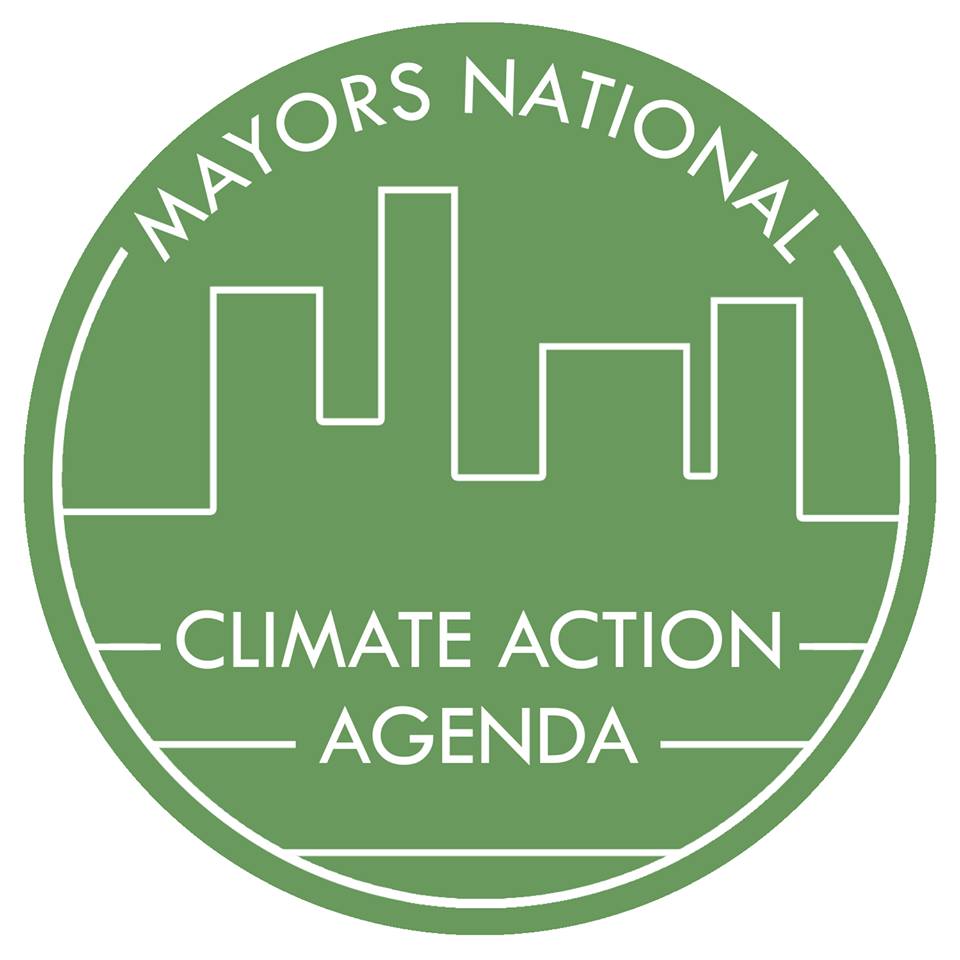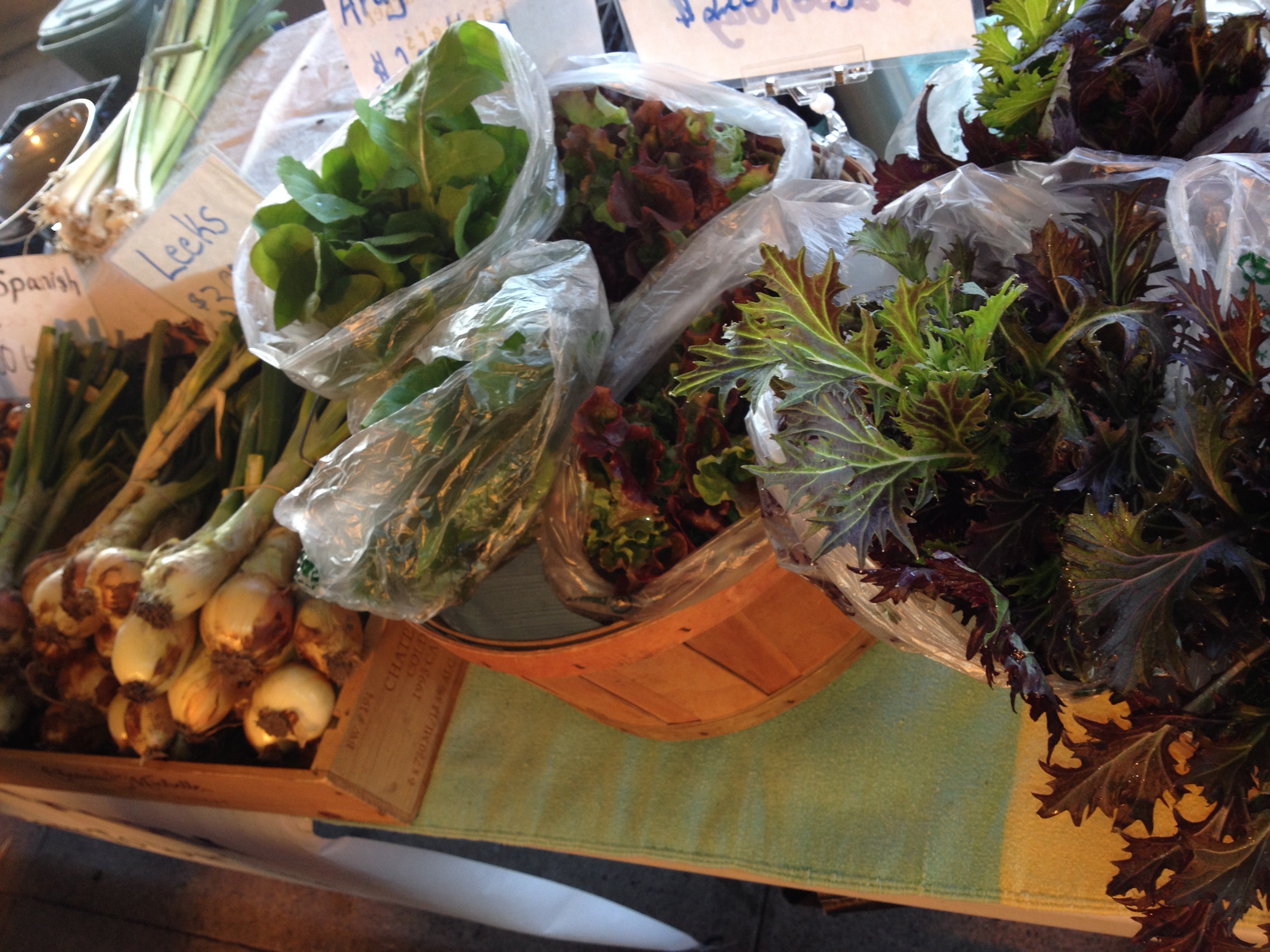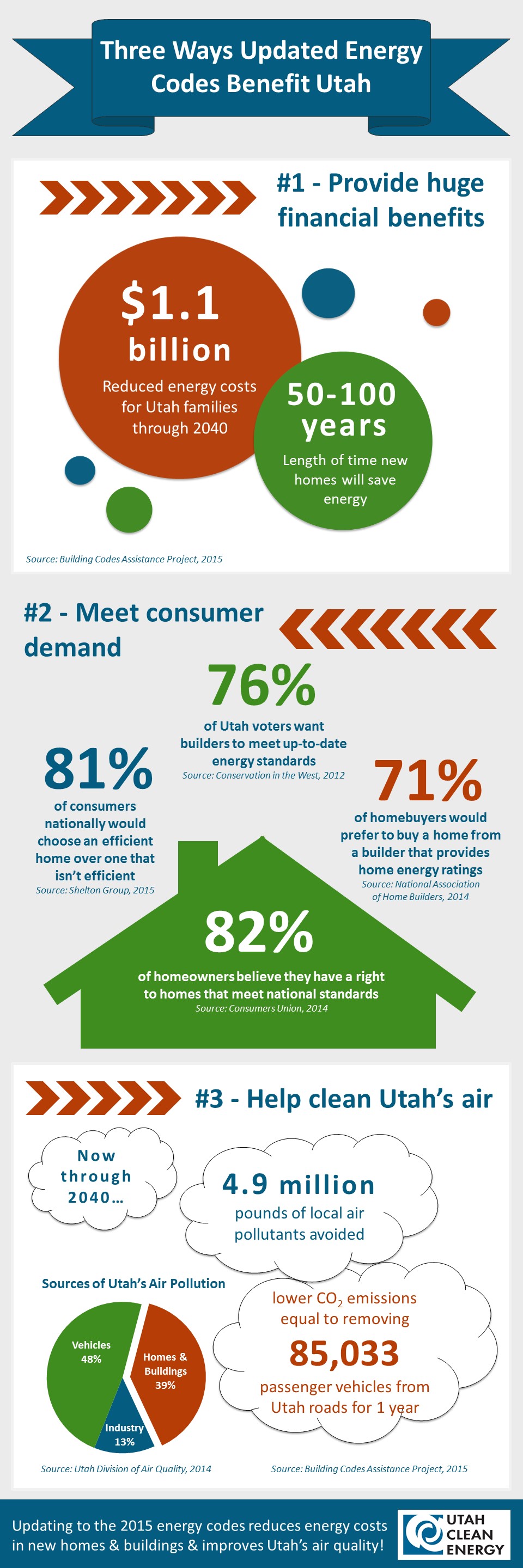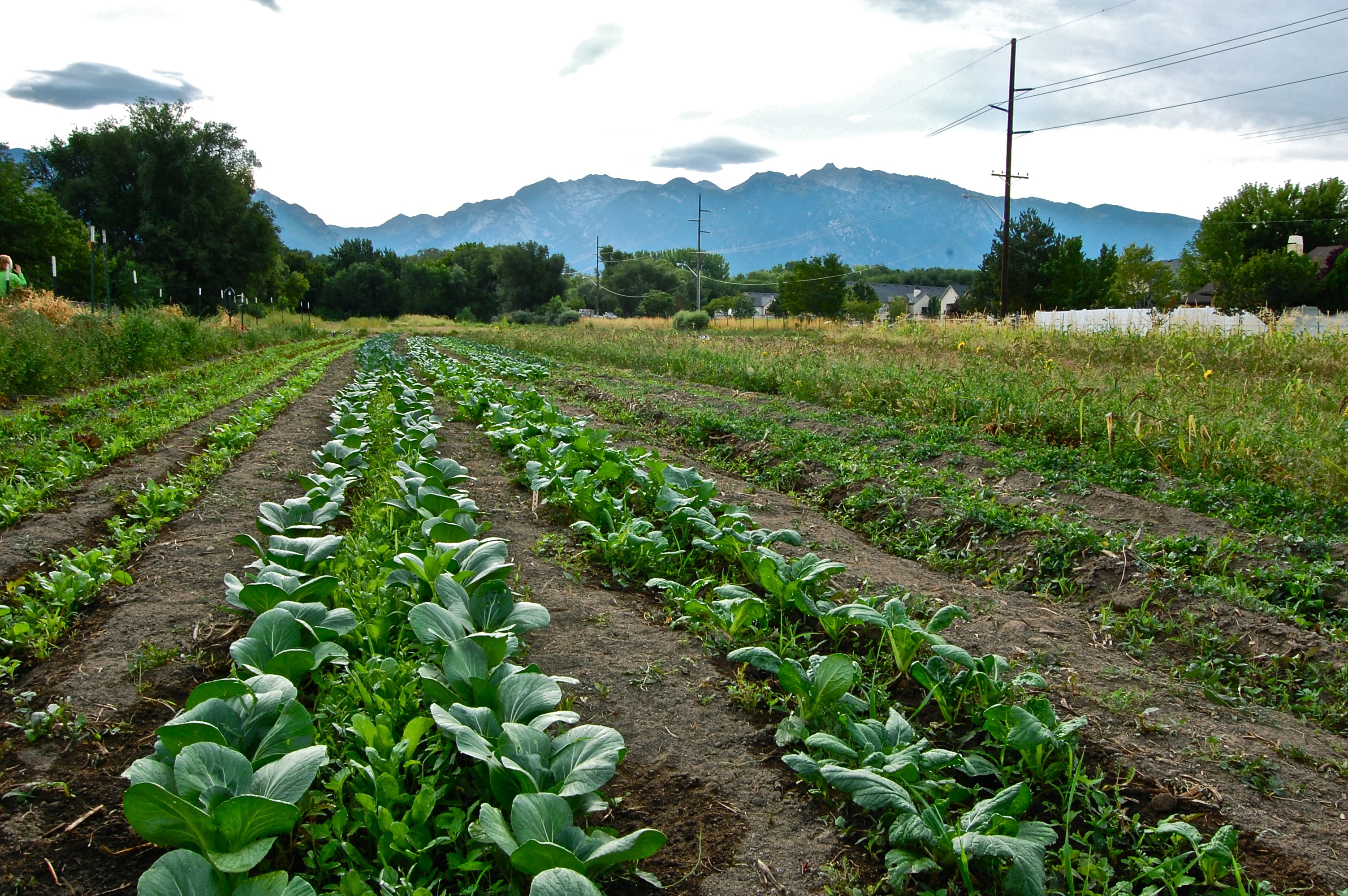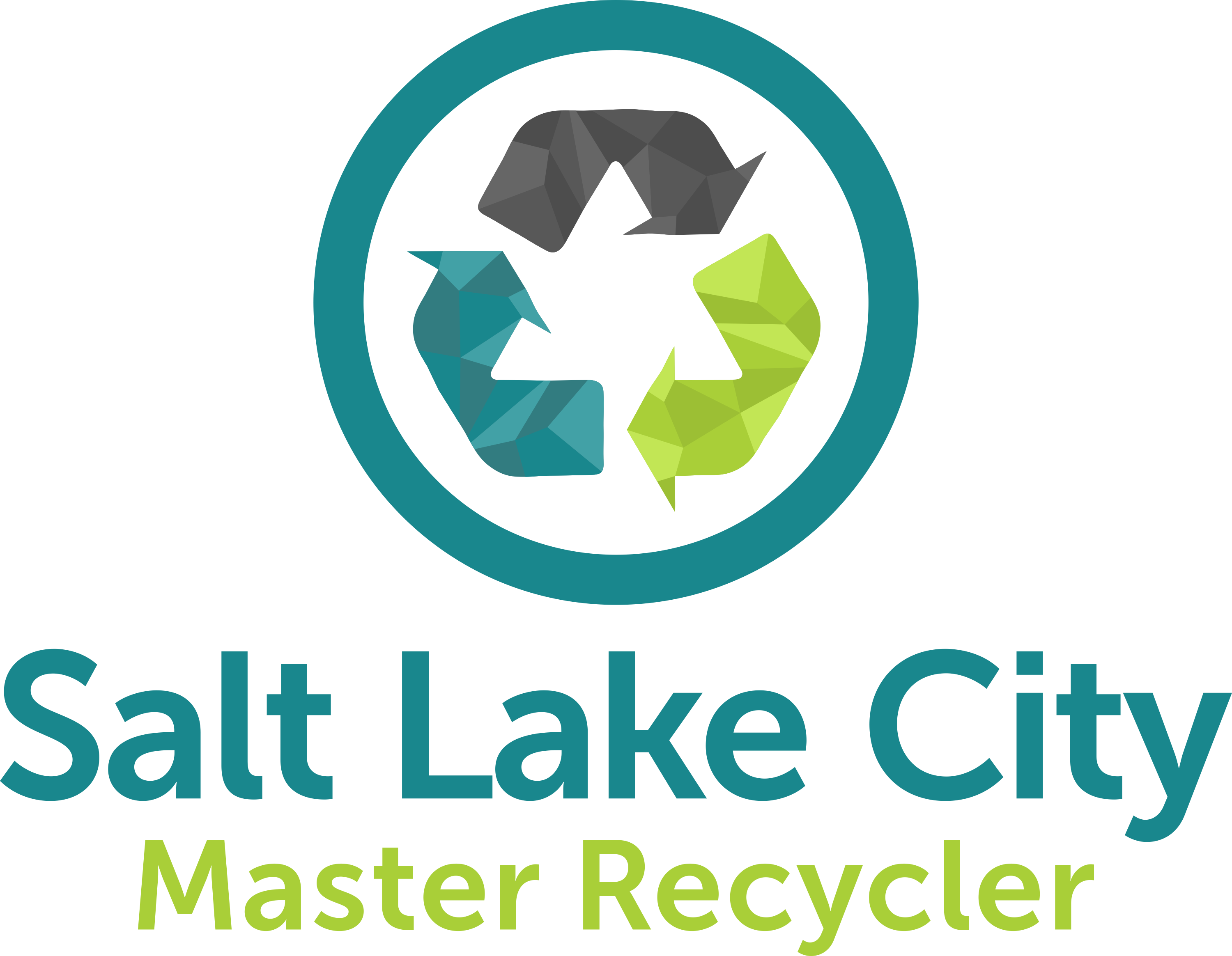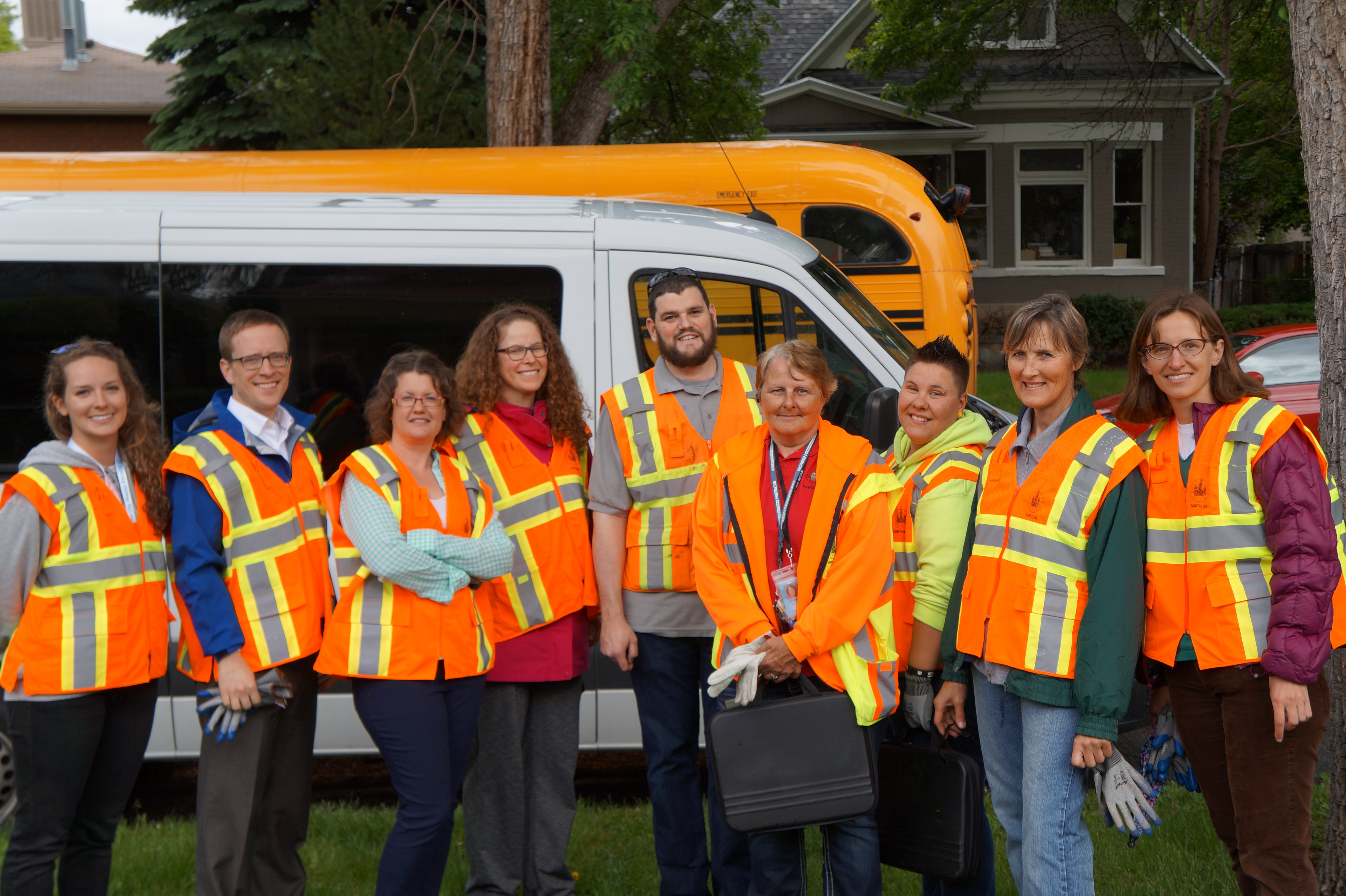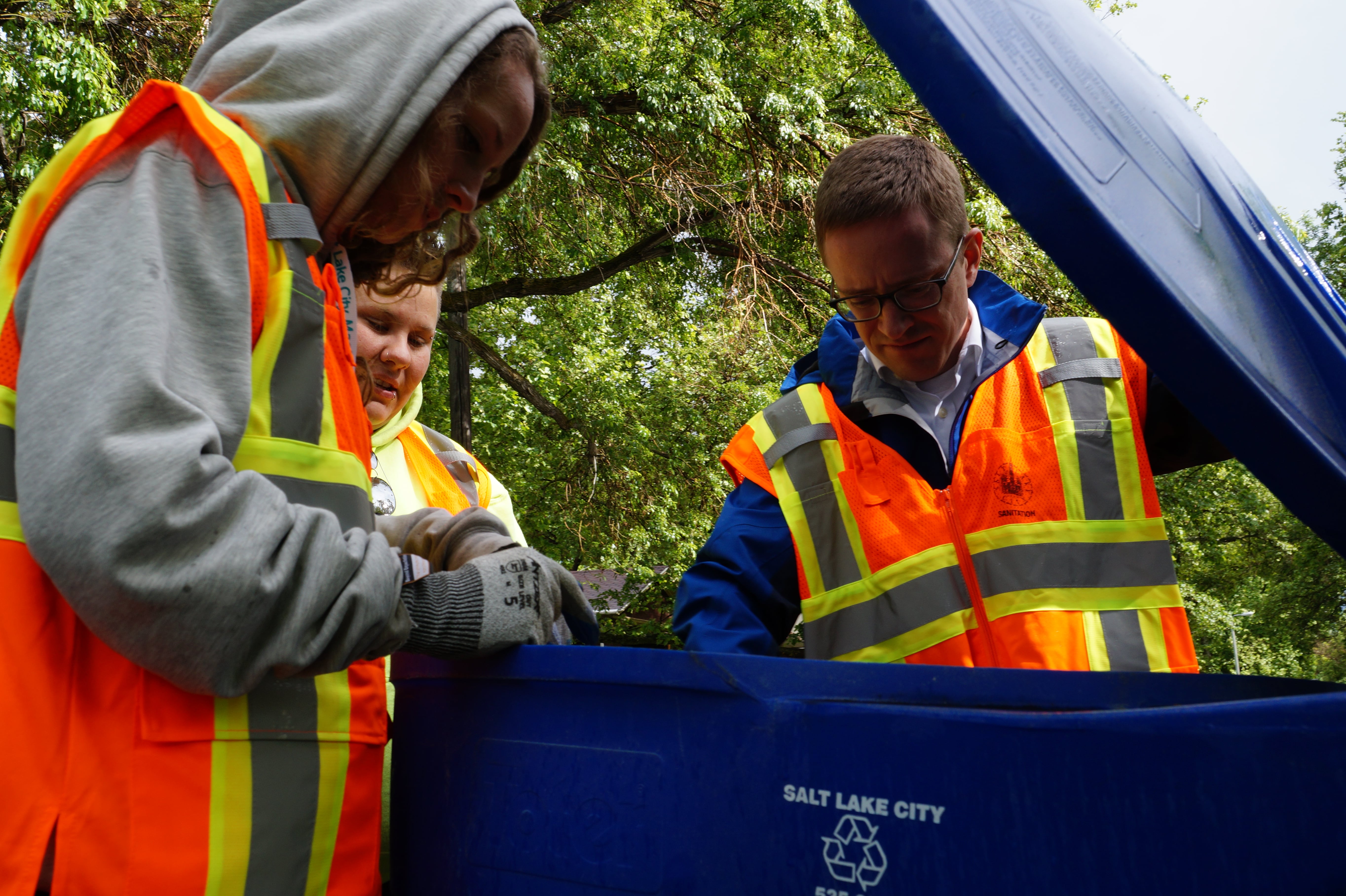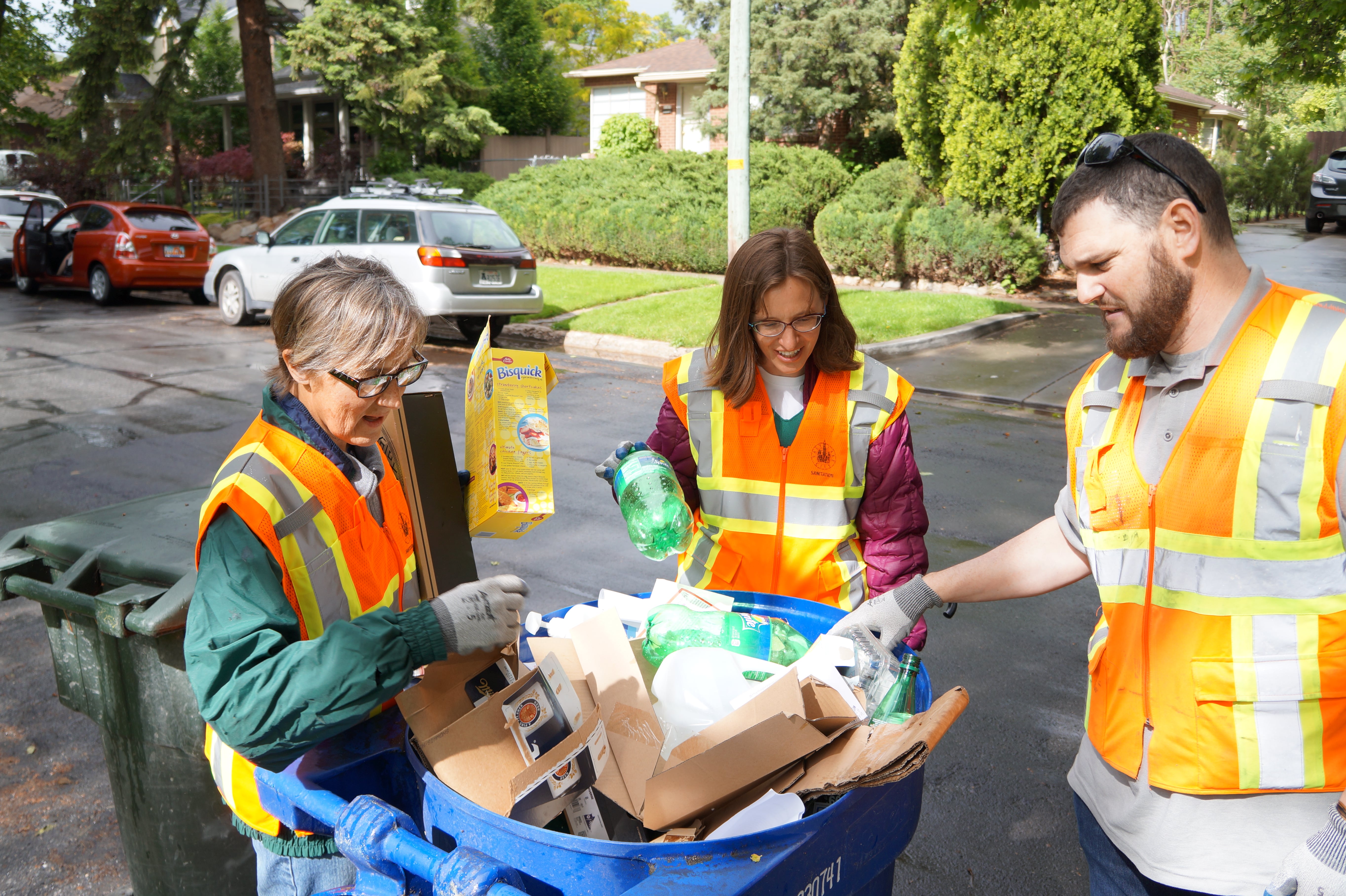By Jessica Oglesby, SLCgreen Intern
In “The Climate 25” The Weather Channel brings together 25 diverse voices and perspectives on climate change. Interviews range from a CEO of a Fortune 100 company to a US Army General to a Syrian refugee. Through these interviews the series explores the interconnections between climate change, security, energy, and peace.
Some may be surprised to encounter so many conservative voices in this series, like Christine Todd Whitman (former New Jersey Governor and EPA administrator), former congressmen Bob Inglis, and President George H.W Bush’s EPA chief, William Reilly, all of whom acknowledge climate change and talk about their own perspectives. Inglis believes that the republican orthodoxy is changing, and that they have got to start looking at market solutions like a carbon tax. Former New Jersey governor Whitman gripes that “the way the republican party is addressing the issue of climate change is both frustrating and puzzling.” She explains that the republican party has a long history of environmental action — like Nixon establishing the EPA — and that conservation is conservative.
National and global security are big topics that many of the 25 speakers touch on, including the four military members that were interviewed. Retired General Charles Jacoby explains that while climate change has become politicized, his years as a soldier have trained him to evaluate situations based on harsh realities, thus he recognizes the threat that climate change poses. He explains the military’s grave concern over the growing impacts of extreme weather, and competition over natural resources, including energy and clean water. For this 4-star general, and distinguished combat veteran, “the issue of climate change is always foremost in our minds.”
Henry Paulson, the former Secretary of Treasury (under Pres.Bush), believes that “climate change poses a massive threat to the world”, and that to do nothing about climate change would be “radical risk taking.” He believes that this is the greatest economic risk the US has ever faced. George Luber of the CDC sees other great risks of climate change when it comes to human health. He says that heat waves kill more people every year than all other extreme weather combined, and climate change has already resulted in more intense and frequent heat waves. Moreover, changes in climate will result in increased spread of diseases like Malaria and Lyme’s disease.
Other prominent voices in the series include: New York Times columnist Thomas Friedman, former CIA director James Woolsey, former deputy Undersecretary of Defense Sherri Goodman, Bangladeshi General Major Muniruzzaman, and special advisor to President Obama, Dr.John Holdren. Less prominent, but equally important voices include: community leaders in Uganda and Papua New Guinea, a Global Crop Diversity Trust special advisor, a WWF climate change policy expert, and the CEOs of Energy Innovation and Care USA.
Together the 25 voices form a refreshingly diverse picture of how urgent the issue of climate change is and how wide-reaching its impacts are. What do all 25 of the smartest voices on climate, security, energy and peace have to say about climate change? Watch the rest of this fresh video series to find out!
Top 3 Favorite Interviews:
General Jacoby <<http://weather.climate25.com/project/general-charles-h-jacoby-ret/>>
Heidi Cullen <<http://weather.climate25.com/project/heidi-cullen/>>
Henry Paulson <<http://weather.climate25.com/project/henry-paulson/>>
Watch all of the interviews here!

